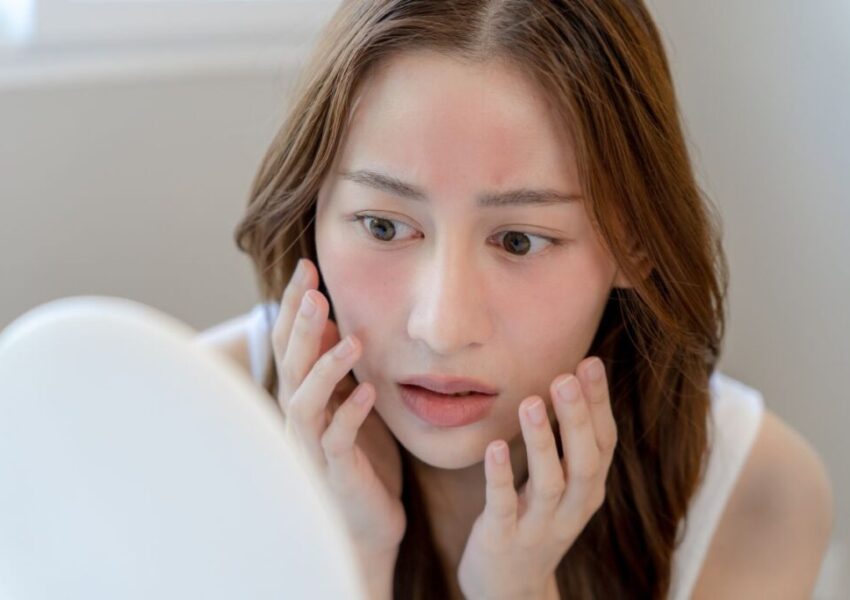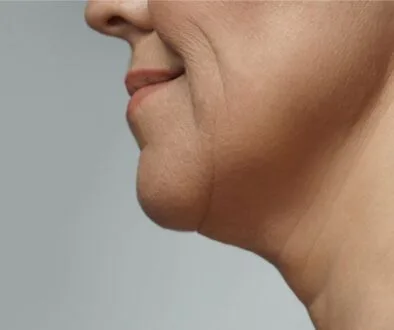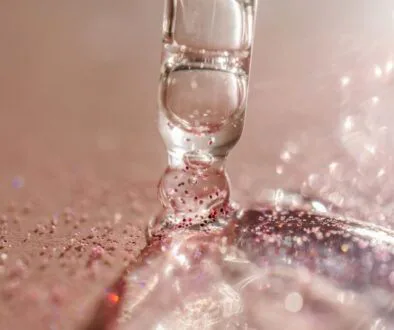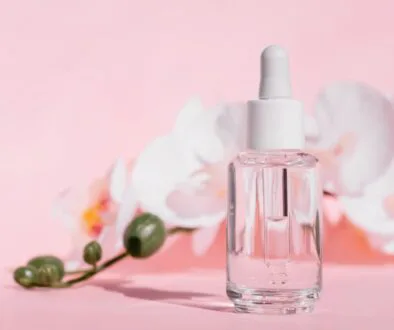The Ultimate Guide to Repairing Skin Damage: Expert Answers

Published February 29, 2024
Looking at yourself and starting to observe how dull your complexion has been. It is one of the things that can give our self-esteem a pity party. Noticing pesky signs of skin damage can haunt us. Acne scars, sunspots, and fine lines. These three and more can live in our faces and call them their home.
The good news is skin damage is treatable. You can repair its visible signs. Restoring your natural radiance is much easier than you would.
Keep reading as we’ll be beauty nerds on the topic of repairing our skin. We’ll talk about what role our skin barrier has, the things that damage our skin, and signs of skin damage. We’ll list all the science-backed ways to repair skin damage. Also, there are ways to do it naturally. Let’s start.
What Is Our Skin Barrier and What Purpose Does It Give?
Our skin barrier is the skin’s outermost layer. Our skin has three layers: maley, the epidermis, the dermis, and the hypodermis. The epidermis is the top layer of our complexion. The very outermost layer of it is called the stratum corneum. When discussing the topic of the skin barrier, we’re referring to the stratum corneum.
The stratum cornemun acts like a brick wall around the skin. It comprises keratinocytes arranged like flat bricks merged to create a shield. In the mortar, you’ll see proteins and lipids to keep those bricks together.
Simply put, the skin barrier prevents things from escaping, for one, moisture. It also guards stuff we don’t want from getting into our complexion. These are things such as allergens and viruses.
Our skin barrier also has three main functions
- It keeps skin moisturized.
- It plays a role in immunity.
- It protects against UV radiation.
Our complexion is protected and kept smooth, supple, and radiant when our skin barrier is strong.
What Are All the Things That Damage Our Skin?
- Smoking and secondhand smoke
- Excessive sun exposure
- Swimming in a chlorinated pool
- Wearing too much makeup or sleeping with it
- Picking at your complexion
- Long hot showers and steam rooms
- Consuming too much salt
- Waxing too often
- Exfoliating too often
- Squinting and frowning
- Stress
- Sugars
- Dry cleaned clothes
- Too much alcohol
- Environmental factors
- Unsuitable skin care products
- Steroids
- Genetic factors
What Are the Signs of Skin Damage
Suppose you’re noticing a decline in your naturally radiant skin. You might be curious if a damaged complexion is to blame. Below are some prevalent indicators that rule your skin may be damaged.
- Fine lines and wrinkles
- Uneven skin tone
- Uneven texture
- Dryness and dehydration
- Loss of firmness
- Increased sensitivity
- Visible signs of redness and irritation
How To Repair Skin Damage
Skin damage is reversible. They can be reversed to a certain extent. And it will anchor on the severity and underlying causes.
Healthy lifestyle and a consistent skincare routine. The two can be the most crucial stepping stone to bettering the health of your skin. Still, there are other ways you can restore the glow to your complexion and up your confidence.
1. Fuel your body with a balanced diet.
Nourish your body with critical vitamins, minerals, and antioxidants. These three will maintain good levels of proteins and lipids in our skin barrier. There is strong evidence of a connection between our general health. Also, how our complexion looks and feels on the outside.
2. Exercise
Getting movements in is the gift that keeps on giving. Exercise has endless health and fitness advantages. It can also work wonders for our faces. It promotes healthy circulation. It is what can deliver oxygen and nutrients to the skin cells.
3. Prioritize your sleep
Adequate sleep aids in supporting the repair and regeneration of our skin cells. Aim to have 7-8 hours of uninterrupted sleep each night.
4. Use sun protection
Guarding our complexion from harmful UV radiation is crucial. It backs maintaining a healthy complexion.
Even if the sun isn’t out, UB rays can penetrate clouds. SPF is essential in our beauty regime. It cuts the risk of damaged skin.
5. Exfoliate once a week.
Lightly exfoliate. This act can help replenish our skin. It removes the excess cells and decongest our pores.
6. Maintain hydration
Hydration also plays a massive role in protecting our complexion from the inside out. A damaged epidermis demands moisture. So, drink up. You should also reach for replenishing creams and serums.
7. Simplify your skincare routine.
Stop if you’re doing a complicated daily skincare routine with tons of products. You may, as a result, weaken your skin barrier.
Connect with a dermatologist about which products are essential and most effective.
8. Pay attention to pH.
Research affirms that we should cleanse with a product with a pH between 4.0 and 5.0. Maintaining our skin’s pH at a healthy level will guard against skin conditions such as dermatitis and acne.
9. Try a plant oil to revitalize your skin barrier.
Certain plant oils may also repair the skin barrier. It will also prevent it from losing moisture. Many of these oils also contain antibacterial, anti-inflammatory, and antioxidant effects.
Some of the most skin-loving plant oils are:
- Jojoba oil
- Coconut oil
- Almond oil
- Argan oil
- Rosehip oil
10. Look for formulations that contain ceramides.
Ceramides are waxy liquids. They are found in exceptionally high concentrations in our stratum corneum. They are essential for ensuring our skin barrier functions appropriately.
Products with pseudo-ceramides may help improve the dryness, itchiness, and scaling. Those ones caused a poorly functioning barrier. Ceramide-rich moisturizers may also improve the structural integrity of our skin barrier.
Ceramide moisture will also do wonders if you have acne. In an acne-prone complexion, the barrier is often impaired. Acne treatments can also leave our complexion dry and reddened.

Frequently Asked Questions About How To Repair Skin Damage
1. How can I repair my skin barrier fast?
- Identify the cause
- Use a gentle cleanser
- Cut back on exfoliation
- Hydrate and moisturize
- Use a humidifier
2. How long does it take for damaged skin to repair?
The time it takes for damaged skin to repair can vary. It will anchor on the severity and type of damage. Also, the individual factors include age, overall health, and lifestyle.
On average, it can take several weeks to several months. However, ongoing treatment may be required for chronic skin conditions. It is needed to manage symptoms and prevent further damage.
3. Can damaged skin be repaired naturally?
Yes, damaged skin can be repaired naturally to some extent. Here are ways to do so:
- Aloe vera gel
- Antioxidant-rich skincare products
- Sun protection
- Hydration
- Adequate sleep
- Healthy diet
- Exercise and meditation
4. Is it too late to repair my skin?
It is not too late to repair your skin. Irrespective of your age, you can always start nourishing your complexion and see improvements.
And there you have it. With our guide, gone are the days of looking yourself in the mirror and not being satisfied with your skin. Remember, it’s our greatest physical asset. Our tips will surely bring back your glow, radiant, and oh-so-beautiful complexion.
We Are A Medical Beauty Spa In Boca Raton Florida
Four Seasons Laser Center is a highly renowned med spa in Boca Raton Florida. Our state of the art equipment is run by highly trained and experienced staff so you can rest assured that you are in good hands. We offer laser hair removal services for your whole body, PDO Threads facelift, safe and effective Plasma Fibroblast skin tightening, and other advanced medical beauty services to help you look your best. Contact us now to book a free consultation.

Fact Checked By Experts
This content has been thoroughly fact-checked by our team of internal experts. For further information regarding the editorial standards we adhere to, please click here.

About The Author
I am Tracy Gorman, a skilled writer passionate about creating engaging content. With expertise in various topics like lifestyle, beauty, and health, I can craft valuable articles that provide immense assistance.


